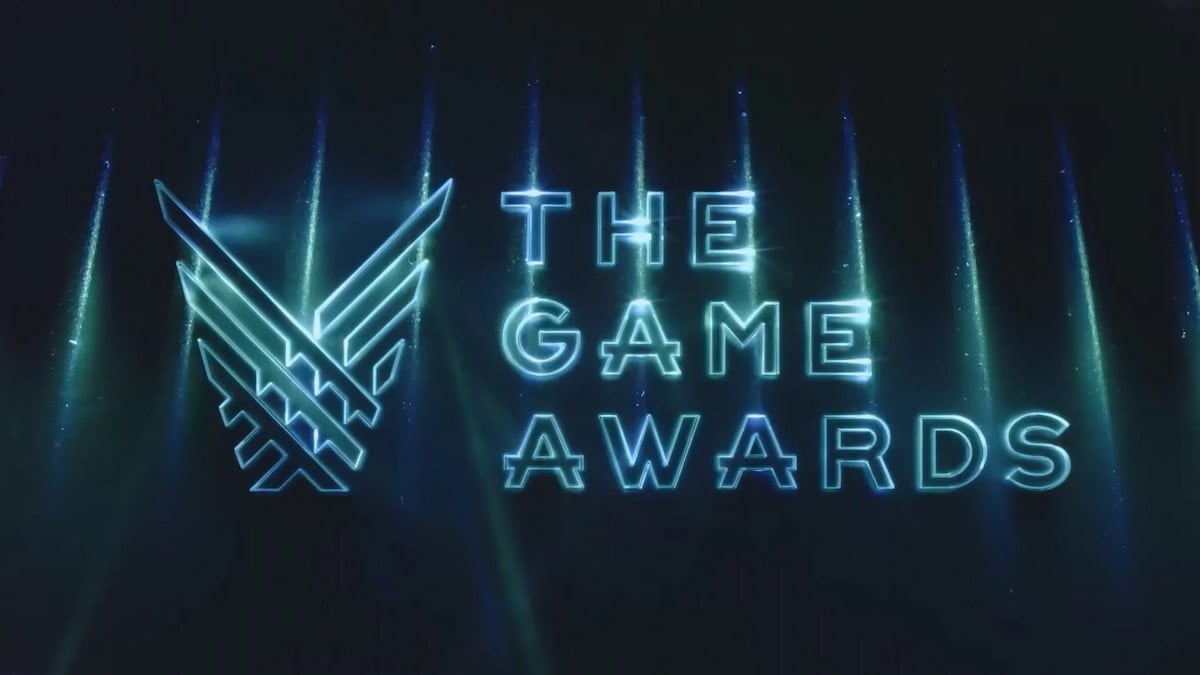Hundreds of thousands of esports fans turned their gaze to Kiev, Ukraine over the weekend to get a rare chance to watch teams from around the world square off. They were anticipating a tough battle between the top teams in Europe and China. But instead, fans of Dota 2, the second most-popular esport in the world, got a massacre.
Indeed, arguably all the world’s top teams showed up at this weekend’s Star Ladder 9 in the Kiev Cyber Sport Arena to fight for the lion’s share of nearly $230,000. But it was China’s Team DK that came away shocking everybody.
Star Ladder goes global
In past tournaments, Star Ladder invited mostly teams based in Europe because of the prohibitive cost of international plane tickets. But the tournament has grown to become perhaps the biggest Dota 2 event in the world, coming in behind only The International—Valve’s own $1 million plus prize tournament.
With this iteration, Star Ladder expanded to include online tournaments in four regions (Europe, North America, China, South Korea) that would determine the best teams of each region to be flown in for a shot at the finals.
That’s turned it into one of just a few Dota 2 tournaments to feature a global lineup, and as such this weekend provided a unique opportunity to gauge the different regions’ strength. Most observers expected Europe to continue to dominate the globe, with China as a close second, and North America and South Korea cast as curious outliers. But this tournament may have upset some people’s Dota worldview.
DK’s domination
Right now, there are simply more tournaments happening in Europe than there are in China. This led most Dota observers to believe that Europe’s teams would be much more practiced in pro-level competition, and thus more prepared for the tournament.
China’s Team DK came in comparatively under-practiced in professional competition, but were nonetheless renowned as perhaps the strongest team in China right now. Their supposed lack of practice didn’t show during the final tournament, however.
It began in the group stage, where DK marched over competitors that included The Alliance, champions of The International 3, and Team Empire, a squad that has quickly risen atop the European scene, as well as South Korean delegates MVP Phoenix. After running the table, DK entered the final bracket as one of two undefeated teams. From there they advanced to the winners bracket to play Invictus Gaming—the other top team in China—and once again soundly defeated their rivals 2-0.
Their next opponent was North American curiosity Evil Genuises, who have been performing quite well in international competition. But could they stand up to a global power like DK? No. After getting completely dominated in Game 1, they were routed 2-0.
The world’s best chance for stopping the rampaging Team DK came in the Grand Finals where they once again faced the red hot Team Empire, who have proven themselves capable of beating any team in Europe over the past few months.
But it wasn’t to be. Team DK barely flinched as they once again dispatched Team Empire twice in a row, achieving the amazing goal of winning the entire finals tournament without losing a single game.
The takeaway
Few people expected a Chinese team to show up and dominate the competition so completely, but then there was a lot about Team DK that was unexpected. Chinese teams are renowned for their patience, playing long games where players avoid fighting or taking any risks until absolutely necessary. In years past, it wasn’t unheard of to see Chinese Dota games last 80 minutes or more. Most professional matches elsewhere in the world generally last about 35 to 45 minutes.
Team DK, on the other hand, was aggressive all tournament long, allowing their star player Xu “BurNIng” Zhilei to shine. And shine he did, catching everyone’s eye by playing a different character in all of his nine games at the LAN finals showing his extreme versatility. Some even speculate that he only selected his final hero, the somewhat rarely seen Pugna, as a bit of a showboating.
There’s little doubt that Xu will emerge from this tournament as the world’s undisputed best carry player.
Star Ladder 9 set the scene for The International 4 in July. We saw that China and Europe are still very much rivals, and the titans of each region will likely clash again in Seattle. We saw a strong North American hope in Evil Geniuses. They may not be championship ready, but will still give the Americans something to cheer for, much as Team Liquid did last year.
We also got a sense for how the budding South Korean scene is coming along. Which is to say: not well. South Korea is a global power in League of Legends and StarCraft 2, but their nascent Dota 2 scene still has a long way to go; MVP Phoenix left the tournament 0-4.
As a prelude to Dota 2’s Super Bowl, The International 4, Star Ladder certainly demonstrated one thing: Team DK as the undisputed team-to-beat.






Published: Apr 21, 2014 12:12 pm